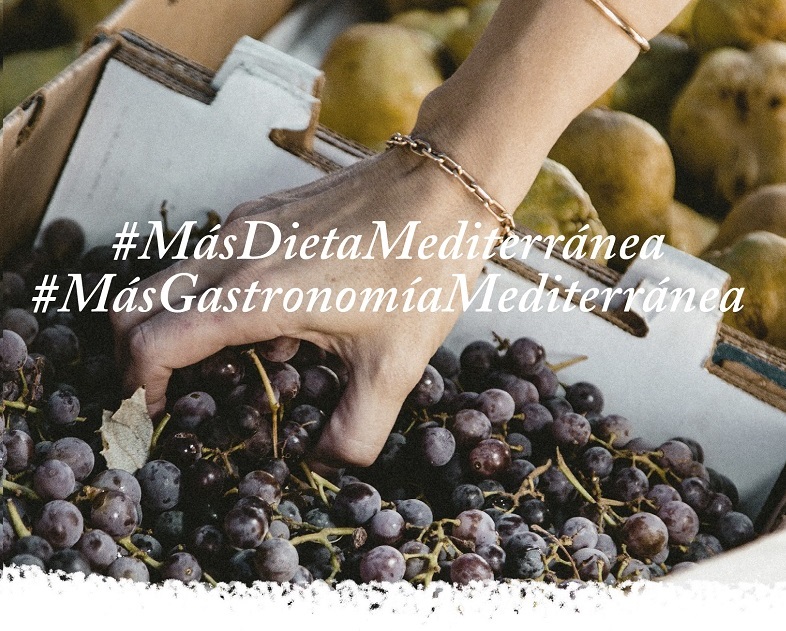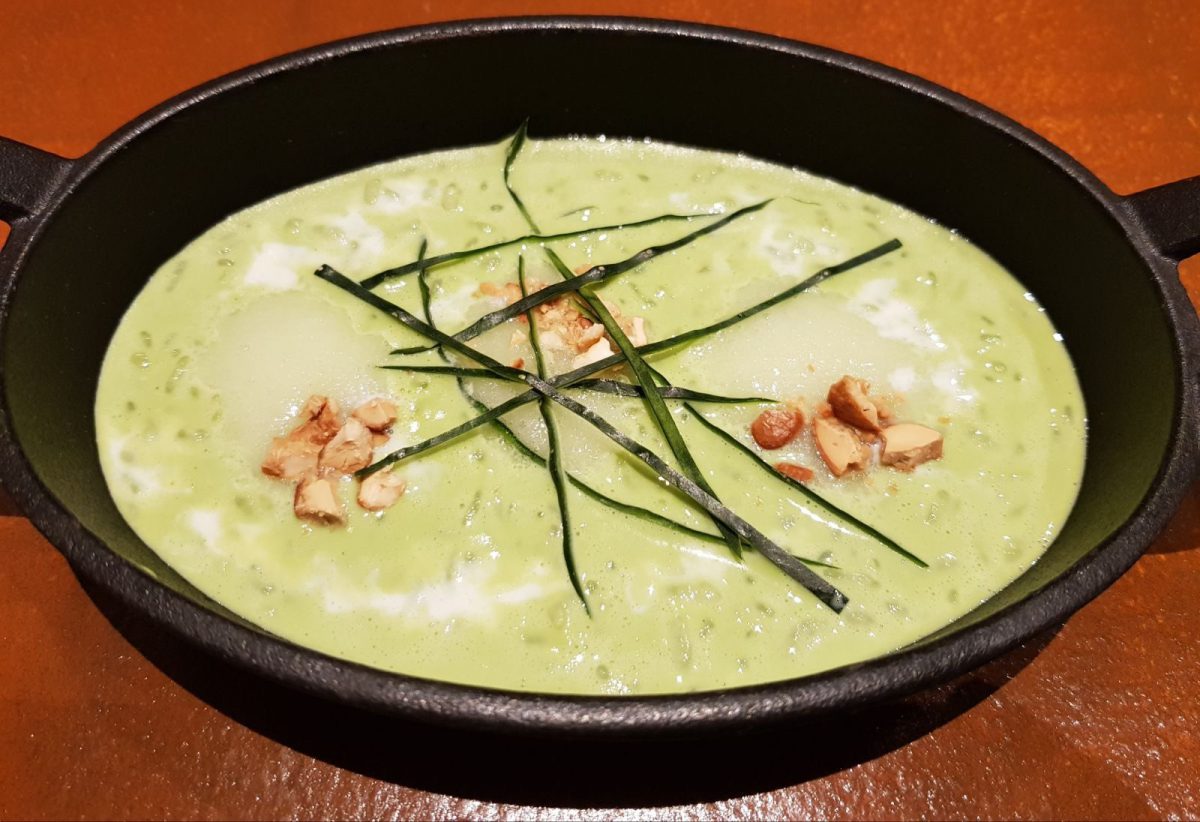
6 tips to successfully follow a vegan diet
Vegan diet excludes all foods of animal origin. This tendency is increasingly widespread throughout the world and put into practice by millions of people.
Nowadays a vegan diet can be a complete and nutritious where we can fully benefit from all of the healthy foods and super foods qualities.
A vegan diet implies the elimination of all animal and animal derivate products such as meat, fish, shellfish, dairy products and eggs. But it also includes having a certain lifestyle and certain habits such as not using or purchasing leather garments or avoiding the use of soaps and cleaning products that are made from animal fats.
Focusing on vegan food, there are many foods that we can include in our diet without having to draw upon animal products. The Health Coach Rocío Río de la Loza provides a long list of possibilities: “proteins of vegetable origin are constituted by amino acids that can be found in the following food groups: legumes, whole grains, green leaves, seeds, nuts, seaweed, food soy based food. “
It also highlights all the alternatives that exist today in the market as substituted of meat products “such products are vegan sausages or products made from soy.” However, specialists advise to “limit the consumption of these products and emphasize the diet in whole foods, as they contain a greater number of natural phytonutrients and are a better environment friendly, human health and animal friendly option”.
In addition to this food list, we leave you six key tips to successfully follow a vegan diet:
Ideally include foods from all the groups mentioned above to obtain dishes that have greater and better nutrition properties.
Use cooking techniques that enhance nutrients in the products, such as soaking and germinating. “They are techniques that can be applied to seeds, whole grains and legumes. In this way their life cycle is activated, enzymes are produced and their nutritional profile is improved, as well as facilitating their digestion “, the expert points out.
We can also opt for fermentation, “which favours digestion and growth of beneficial bacteria for the digestive tract.”
If the diet is followed during several or more years, it is advised to take a vitamin B12 supplement as well as monitoring possible iron, calcium and vitamin D deficiencies.
This changes for each individual, so it is essential to establish the physiologic needs of each one when following a vegan diet. You have to study the food groups, learn to cook and be clear about the reasons why you have decided to start this lifestyle.
It is advisable to consume the largest amount of organic or sustainable food as possible, such as good fats (avocado type), complex carbohydrates and high quality proteins, for a good balance.
The most important thing is to be clear about the goal of following a vegan diet, to know its benefits and the reasons why we want to follow it, as well as educating ourselves about the most varied and nutrient-rich vegan recipes.




